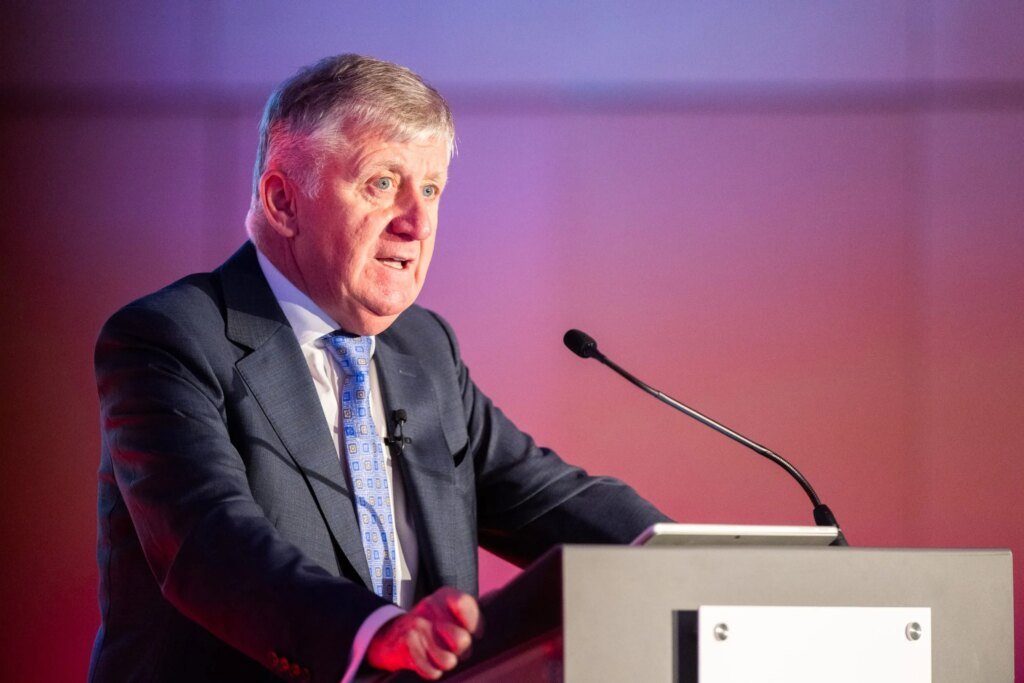THE adoption of AI will not “drastically reduce headcount” in the sector locally but the technology does represent “the biggest opportunity and potentially the biggest risk” facing the industry, the chief executive of Jersey Finance has said.
Joe Moynihan said the organisation was working “very closely” with its members, as well as with the government, Digital Jersey and the Jersey Financial Services Commission, “to ensure as an industry we are joined-up and collaborative in our progressive adoption of AI”.
In January, Digital Jersey chief executive Tony Moretta revealed that the organisation was “developing an AI plan” for the Island, which he said could help realise “big opportunities” within the public sector and financial services industry.
And, speaking at a Chamber of Commerce event in July, Mr Moynihan discussed how the technology could make firms more efficient, providing “capacity to do more business”.
Following questions from the JEP about how local financial services could be affected, he said: “It’s no exaggeration to say that AI represents both the biggest opportunity and potentially the biggest risk to Jersey’s finance industry of our lifetime.”
Mr Moynihan continued: “The direction of travel is undoubtedly towards greater automation, and AI expertise will form an increasingly important part of our proposition as an international finance centre in the coming years.
“To that end, we are working very closely with colleagues at Digital Jersey, the JFSC and government, as well as with our members, to ensure as an industry we are joined-up and collaborative in our progressive adoption of AI.”
Mr Moynihan noted that AI and its application in the Island would form a “central part” of Jersey Finance’s upcoming fintech event, which is due to take place in November.
“We also worked last year with Grant Thornton UK to produce a report looking at the impact of AI on financial services in Jersey,” he added.
“Ultimately, our ambition is to be the easiest IFC to do business with remotely, in a digital world, and our ability to adopt AI effectively is absolutely critical in achieving that.
“That doesn’t just mean keeping up with the pace of change for the sake of it. It means being proactive in this area, because we believe fundamentally that being rapid adopters in AI can bring dividends to our economy locally, and to the global markets we serve.”
Commenting on whether there would be a decrease in jobs in the sector as more firms adopted the technology, Mr Moynihan said: “Interestingly, as part of the report on AI we did last year, a poll of our members found that 75% of those asked did not perceive AI to be a threat – but those who did saw job security as the main threat.
“That’s not particularly surprising. AI is generally positioned as being either a utopia for economic productivity, or a dystopian future where robots do everything.
“The reality is somewhere in the middle, where we can draw on AI to make our roles more productive and more fulfilling.”
Mr Moynihan stated that he did not expect AI adoption to “drastically reduce headcount” in Jersey.
“We are still going to need people to intelligently analyse data, understand sentiment and build human relationships,” he explained.
“Rather than losing jobs, what this will mean is roles will change and in fact I think we will see new jobs emerge.
“And that will require a big investment in AI upskilling and training.”

